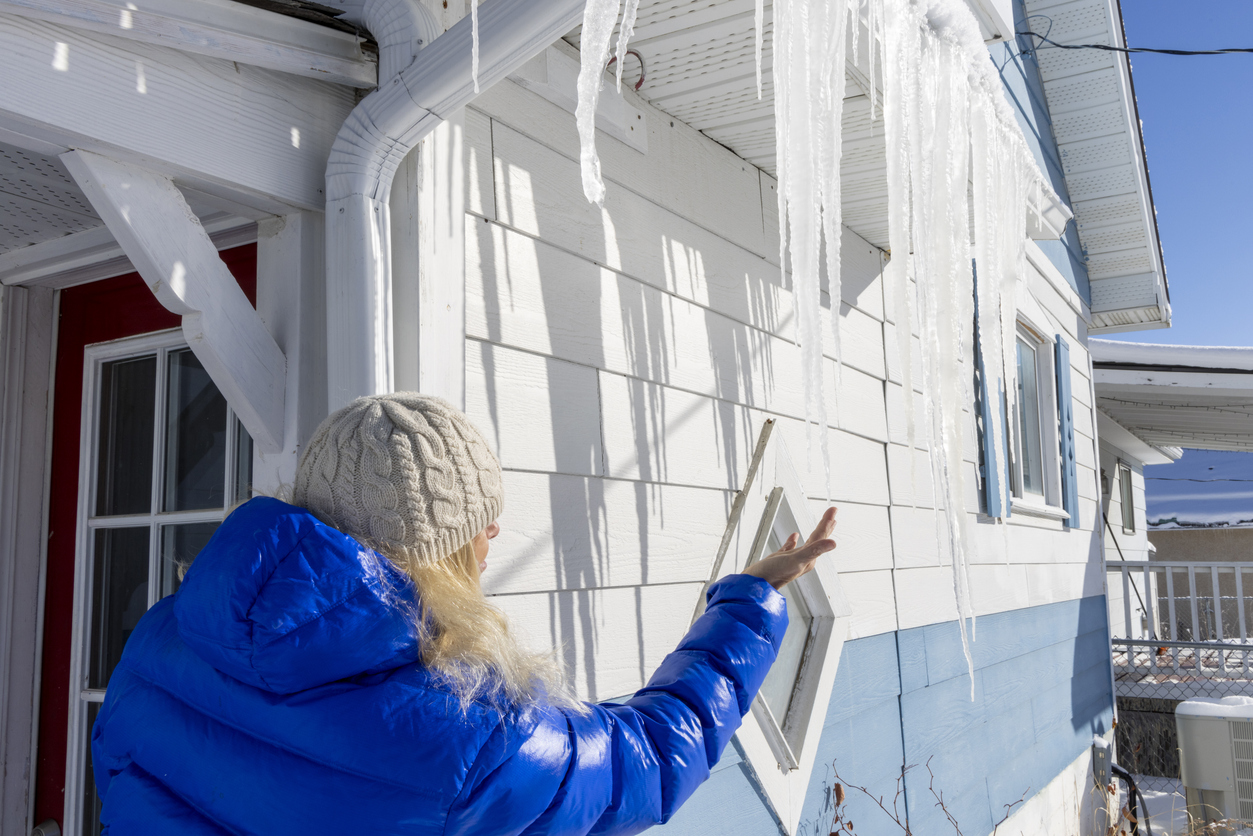Tina Nicholson is based in our Houston office. She wrote a very basic article "Steps For Handling an Insurance Claim" for the Hotel World Network. With Hurricane Earl winds beating the mid-Atlantic coast, her tips may be helpful for many policyholders:
- Contact your insurance company immediately to notify it of the claim. The first contact will likely be a telephone call, but follow that up in writing. In some states, you are only entitled to certain legal rights if you notify the insurance company of the claim in writing.
- Read your insurance policy carefully to determine exactly what your policy does and does not cover. For example, if your policy covers water damage but not mold damage, then you will need to emphasize to the insurance adjuster that your carpet is wet, rather than saying it "smells moldy.”
- Document the damage with lots of photographs. Photograph every room and each item that is damaged. After the property is cleaned up and repaired, the insurance company may dispute the extent of the damage and you will need proof.
- Hire reputable contractors for the repairs. Avoid “restoration” companies, particularly if they tell you they will only charge you what the insurance company pays. That situation can result in the restoration company getting the bulk of your insurance check and leaving you with a lot of out-of-pocket expenses.
- Keep track of the amount of time your employees spend on clean-up or repairs. The insurance company may reimburse you for the cost of its time.
- Provide the insurance company with all of the documentation it requests. If you fail to cooperate with the insurance company, you could jeopardize your insurance claim.
- Document all contacts with the insurance company, including names, telephone numbers and conversations. It is common for a policyholder to receive conflicting information from the insurance company. The adjuster who says the company will pay for your loss may be overruled at the home office.
- If your claim is not paid quickly and fairly, contact an attorney experienced in property insurance claims to determine your rights. Many states require the insurance company to pay your attorney fees if you have to take legal action to obtain full payment on your insurance claim.
Policyholders who are in the path of high wind events should require their insurers to closely inspect for the subtle damages caused by hurricanes. Many catastrophe adjusters do not have the time, experience, training or motivation to find these types of damage. The more thorough the examination of the structure following a loss, the better the chance of finding damage which often is overlooked until it causes other portions of the building to break down far sooner than the designed life expectancy.
Nicholson’s tip to keep track of everything said and done by the adjusters and representatives of the insurance company can be crucial. Often, multiple adjusters will be assigned to a loss. Agreements and discussions are often forgotten or lost. Our strong suggestion is for the policyholder to carefully note every interaction with the insurance company by time and date.
Take many videos and photographs of obvious damage to your property and neighboring properties. Documenting the "war zone" scenario often found following a storm prevents any argument later by the insurer that the storm was not as bad as the policyholder suggests. Insurers that want to minimize damage payments often have few photographs of very badly damaged structures or devastated areas. Those same insurers will take many photographs of areas with little damage.
This observation is not meant for most of the adjusters who are trying to do a great job in getting benefits to policyholders, but you don’t know what breed of adjuster you will be assigned. Safe is better than sorry.



